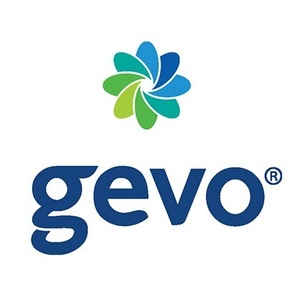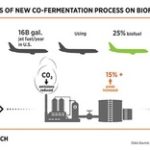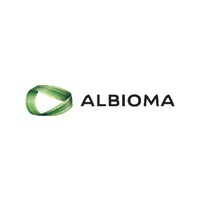Gevo acquires patents from Butamax, receives new US patent
Energy Disrupter
ADVERTISEMENT
Gevo Inc. on Sept. 23 announced that it has entered into an asset purchase agreement to acquire certain patents from Butamax Advanced Biofuels LLC and its affiliate Danisco U.S. Inc. Less than a week later, the company announced that it has been awarded a new patent for a process to upgrade biobased alcohols into drop-in fuels.
The asset purchase agreement with Butamax and Dansico, dated Sept. 21, leaves Gevo as the only entity with full rights to sublicense the entire Gevo/Butmax isobutnaol and isobutanol derivatives patent estate in the fields of fuels, isooctane, industrial chemicals, isobutylene, oligomerized isobutylene, and para-xylene, according to Gevo.
A statement released by Gevo explains that the asset purchase agreement provides Gevo with direct ownership and management over the entire known isobutanol patent portfolio of Butamax.
The two companies entered into a patent cross-license agreement in August 2015, ending a patent dispute that had been ongoing for several years. The new asset purchase agreement terminates the 2015 cross-license agreement in most respects.
“Gevo is ‘all in’ on IBA-related technologies,” said Chris Ryan, president and chief operating officer at Gevo. “We are finding strong commercial demand for our products. So, it simply makes sense for us to own the patent estate. In addition, it gives us more flexibility in adding to the combined patent estate and eliminates the complexity for out-licensing that existed under the Patent Cross-License Agreement.”
Less than a week later, on Sept. 27, Gevo announced that it has received a patent from the U.S. Patent and Trademark Office for a process that encompasses upgrading ethanol and biobased alcohols into drop-in, biobased diesel and jet fuel products.
“We have been working on the conversion of alcohols into hydrocarbons for many years,” said Patrick Gruber, CEO of Gevo. “Ethanol, when produced using renewable energy in combination with other sustainable practices, could be a good feedstock. The technology in this patent is different from what others have done in that it provides high yields of quality diesel fuel, and can also produce SAF if we want. We are believers in the ‘net-zero’ approach. We need to account for carbon and related emissions across the whole of the business system. We must pay attention to the source of renewable carbon and the energy involved with manufacturing fuel products. But that alone isn’t enough. We also have to pay attention to additional key sustainability attributes in the business system, like agricultural practices, land use, protein production, water, and all the rest. From our work on Net-Zero 1, we have a deep conviction that net-zero hydrocarbons are possible and commercially viable. We need to work to further decarbonize ethanol.”
















